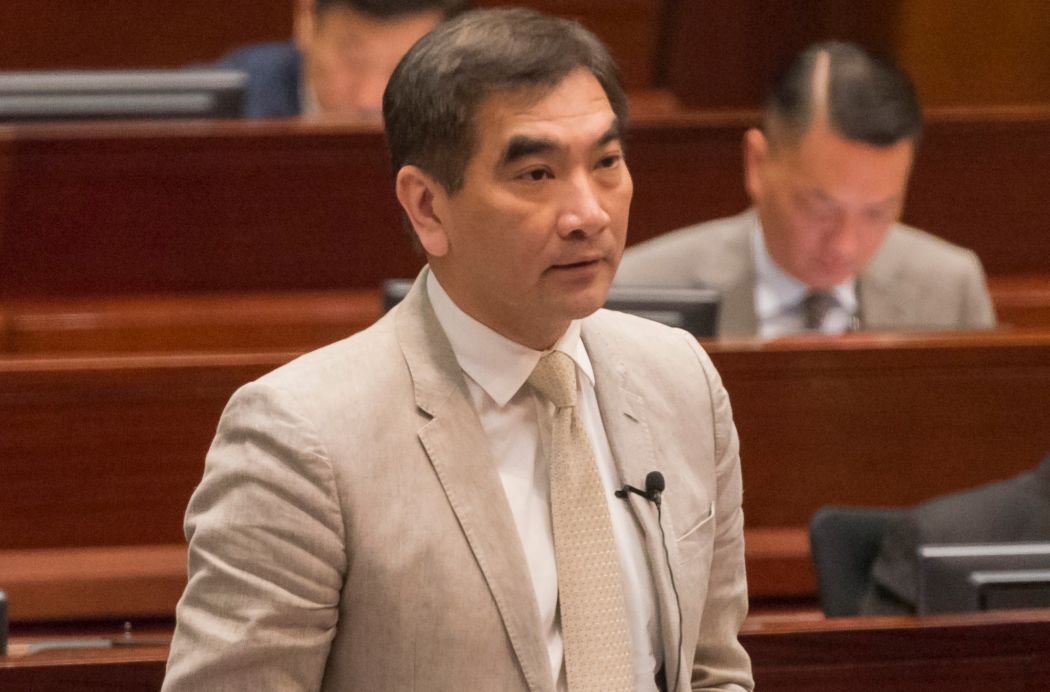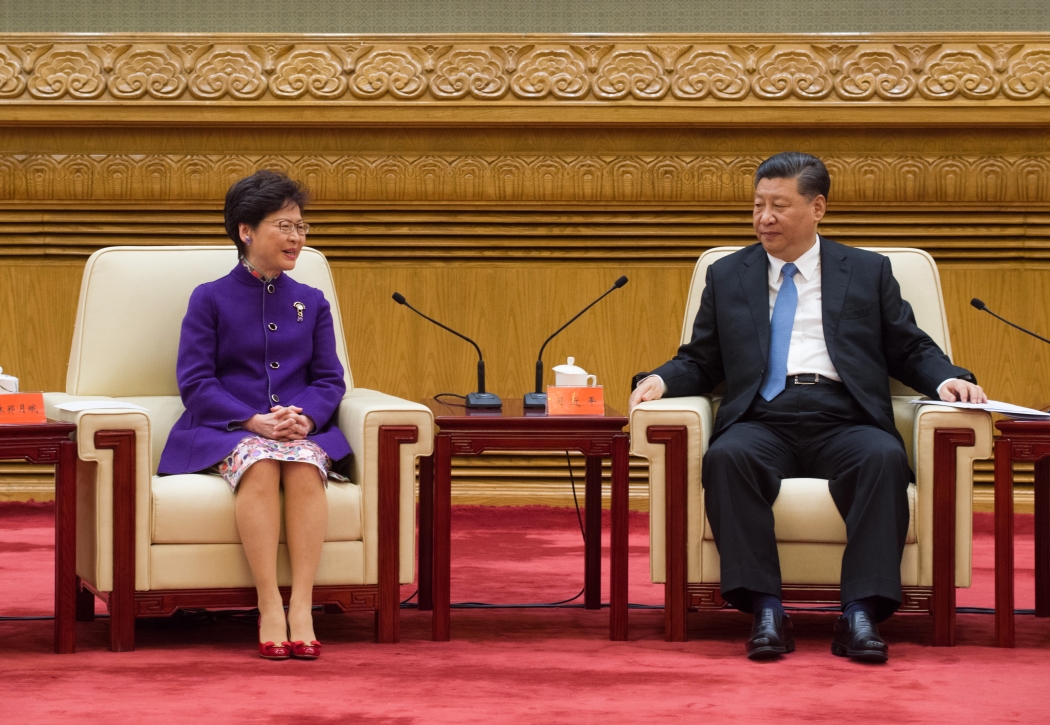Pro-Beijing lawmaker Felix Chung has tabled a non-binding motion at the legislature urging a consultation and discussion on enacting a national security law.
The motion will be debated as early as November 28 at the Legislative Council’s general meeting. The Liberal Party lawmaker said that the motion was submitted two years ago.
The government has often said that it will only enact such a law when the social environment is appropriate.

Chinese President Xi Jinping was quoted as saying on Monday that Hong Kong should have “self-awareness to defend national security.”
Hong Kong Chief Executive Carrie Lam has said that she will treat the national security law very prudently because of previous controversies, but the government will take action using local, existing legislation to address any acts undermining national security or advocating Hong Kong independence.
Article 23 of the Basic Law stipulates that the Hong Kong government shall enact laws on its own to prohibit any act of treason, secession, sedition, subversion against the central government. Its legislation failed in 2003 following mass protests. The government has always had enough votes to pass the law, but it has never been raised since the 2003 debacle. Pro-democracy advocates fear it could have a negative effect on civil liberties.
Key date
The Professionals Guild lawmaker Charles Mok told Apple Daily that the motion was scheduled right after the Kowloon West legislature by-election on November 25, adding another layer of significance to the election.

He said that it was of utmost importance that the pro-democracy camp regained its veto power at the by-election to thwart such motions, otherwise Chung’s proposal would be passed. Plus, the pro-Beijing camp would be able to exert more pressure over the Hong Kong government to push through legislation for the national security law.
Democratic Party lawmaker Lam Cheuk-ting criticised the Liberal Party as being eager to show its loyalty to Beijing by using the motion.
“In 2003, when the legislation for the Basic Law Article 23 failed, it was because the Liberal Party revolted,” Lam said. “Now it wants to present its loyalty to the Hong Kong and the central government and they jumped to act when Carrie Lam has said it is not the right time yet.”
